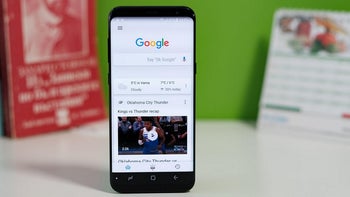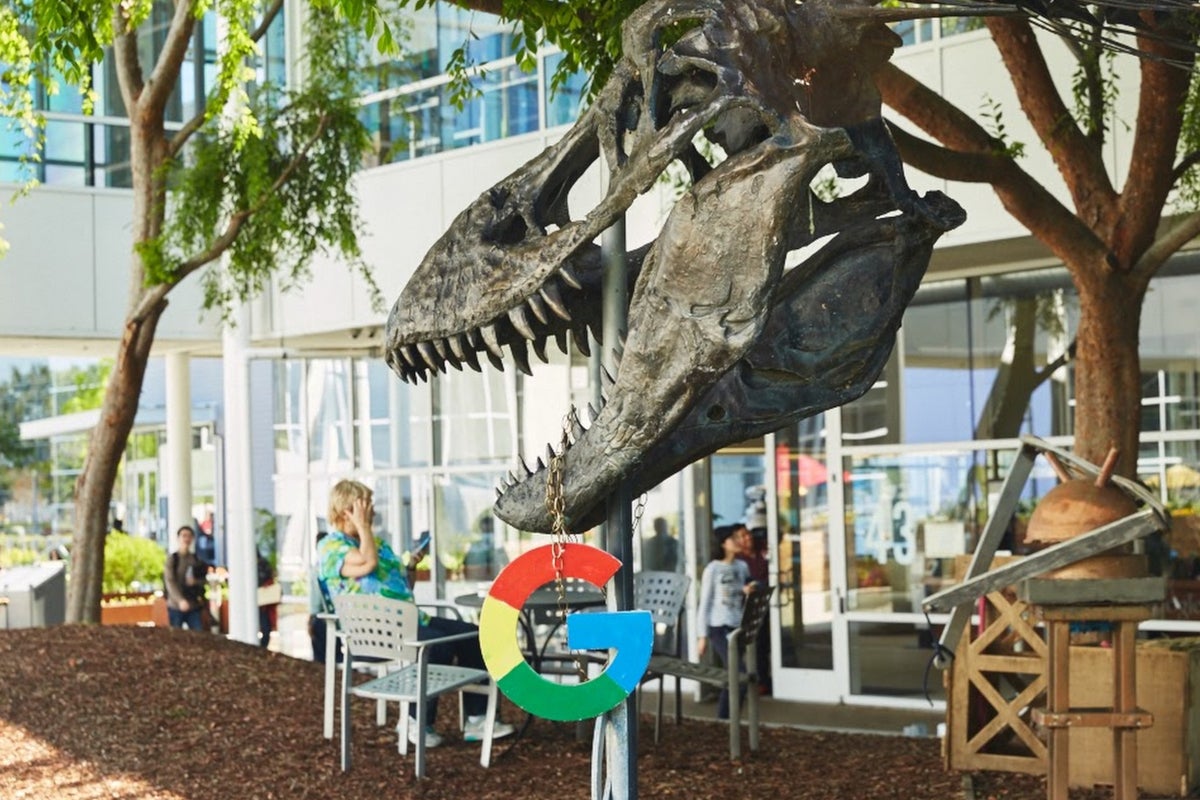Google could be blown up if the states and the DOJ get their way

State attorneys general are looking to break up Google's advertising business according to CNBC. Besides an antitrust investigation being led by the Justice Department (DOJ), the 50 state attorneys general also have been taking a long look at Google's businesses. Both are expected to file individual antitrust suits within months, but those in the know say that the states are seeking to bust up the search giant's advertising unit. While the states and the DOJ have been working together, they have yet to decide whether to combine their suits.
The states and the DOJ are both investigating Google's advertising, Search and Android businesses
Besides Google's ad business, both investigations are also probing Google's search business and its business licensing the Google Mobile Services version of the Android operating system. The states have also been considering an alternative to breaking apart Google's ad business such as forcing more restrictions on it. During the first quarter covering January through March, Google generated $33.76 billion in ad revenue compared to the $30.59 billion it generated during the same quarter last year. That works out to a 10.4% year-over-year increase.

Could the DOJ demand the breakup of Google?
There are other less drastic measures that can be used including the use of a consent decree. This is essentially a settlement made by a company and a regulatory agency that settles a legal action without an admission of guilt. The courts use consent decrees to make sure that companies are behaving properly and following regulations. After all, breaking up a company that touches almost everyone's lives isn't that easy. And Google's advertising unit is not a stand-alone business which makes it even harder for the company to jettison.
Stephen Houck, a Google advisor, was one of the government attorneys who took on Microsoft in an antitrust case 20 years ago, says, "Courts are very concerned that by ripping a company apart, it hurts consumers and makes it worse for people that don’t have the expertise to do that." The government has broken up some monopolies in the past. In 1911 Standard Oil was broken up into 34 companies that included Esso (later Exxon), Mobil, Amoco, and Chevron. In 1982, the U.S. government broke up the Bell System into seven independent companies. That led to a convoluted series of mergers. In 1985, Southwestern Bell acquired AT&T and took over the name. The following year, AT&T bought Bellsouth. Something like this is most likely not in the cards for Google, which itself is a unit of the Alphabet Corporation.
After the Bell System was scattered to the wind, the U.S. government used less harsh penalties to correct antitrust violations. For example, both IBM and Microsoft were put through the wringer without being forced to break into little pieces. A Google spokeswoman told CNBC, "We continue to engage with the ongoing investigations led by the Department of Justice and Attorney General Paxton, and we don’t have any updates or comments on speculation. The facts are clear, our digital advertising products compete across a crowded industry with hundreds of rivals and technologies, and have helped lower costs for advertisers and consumers."
Google's argument is that it competes against many other vertically integrated companies in the advertising industry such as AT&T, Comcast, and Verizon. Meanwhile, critics complain that by bundling all of its ad tools, Google has a huge advantage over the competition thanks to the company's ownership of its Search app, YouTube, Gmail, and other apps. The company has also been criticized for controlling both sides of the "auction exchange" where ads are bought and sold thus giving it an advantage against the competition. Meanwhile, Google can always point to data from the St. Louis Federal Reserve that shows that the price of digital ads has declined by 40% since 2010.










Things that are NOT allowed: